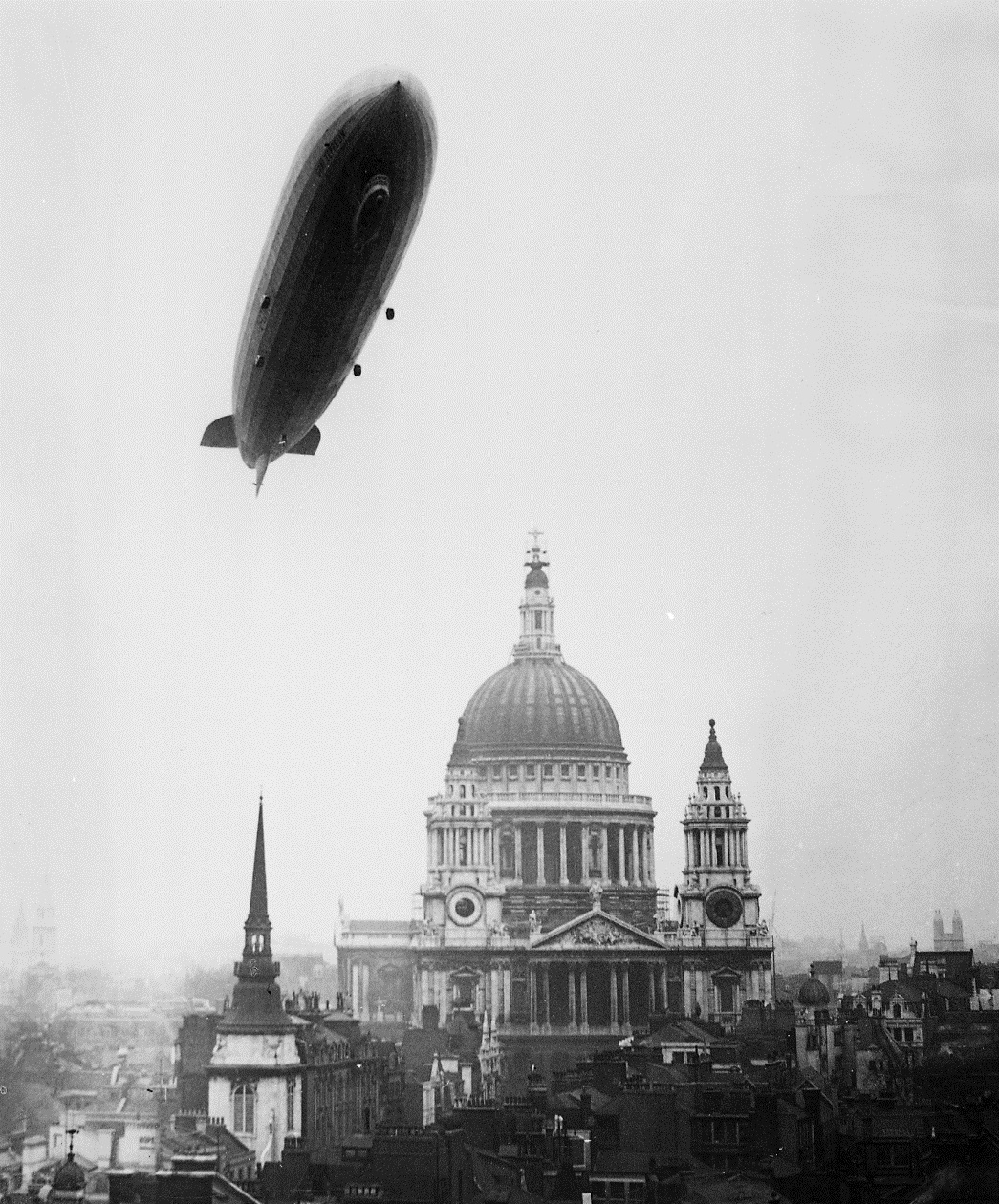MACDONOUGH’S SONG
By:
November 26, 2023
A series dedicated to poems, published c. 1900–1935, the Radium Age sf-adjacent themes of which include: dystopia and utopia, far-out mathematics and the fourth dimension, Afro-futurism, catastrophe, future war, new technologies, scientific breakthrough, dehumanization, cosmic awe, disenchantment and unseen forces, unknowable aliens and singularity. Research and selection by Joshua Glenn; thematic index here.

Whether the State can loose and bind
In Heaven as well as on Earth:
If it be wiser to kill mankind
Before or after the birth —
These are matters of high concern
Where State-kept schoolmen are;
But Holy State (we have lived to learn)
Endeth in Holy War.
Whether The People be led by The Lord,
Or lured by the loudest throat:
If it be quicker to die by the sword
Or cheaper to die by vote —
These are things we have dealt with once,
(And they will not rise from their grave)
For Holy People, however it runs,
Endeth in wholly Slave.
Whatsoever, for any cause,
Seeketh to take or give
Power above or beyond the Laws,
Suffer it not to live!
Holy State or Holy King —
Or Holy People’s Will —
Have no truck with the senseless thing.
Order the guns and kill!
Saying — after — me: —
Once there was The People — Terror gave
it birth;
Once there was The People and it made a
Hell of Earth
Earth arose and crushed it. Listen, O ye
slain!
Once there was The People — it shall never
be again!
— An anti-democratic folk/protest song, still being sung c. 2065, though written at some earlier date, appended to Kipling’s pro-technocracy 1912 proto-sf story “As Easy as A.B.C.” This story is set in the same future as Kipling’s 1905 novella With the Night Mail (both the novella and the story were serialized here at HILOBROW in 2012). In this peaceful and prosperous future, our planet’s affairs are administered by the efficient, nonpartisan Aerial Board of Control (the titular A.B.C.); all other forms of government have withered away. As we can infer from hints dropped in “As Easy as A.B.C.”, which finds agitators in Chicago who demand a return of democracy nearly massacred by their fellow Chicagoans, as well as from clues in the song itself, socialist triumphs in the twentieth century led to terror.
“Terror gave it birth” — cf. J.L. Talmon’s 1952 book The Origins of Totalitarian Democracy, which argues that Rousseau’s notion that it is the state’s responsibility to implement the “general will” led to la Terreur, that period of the French Revolution when, following the creation of the First Republic, a series of massacres and public executions took place in response to revolutionary fervor. MacDonough and his fellow anti-populists seem to have come to the Zizekian conclusion that the question of liberal democracy is the only question confronting political philosophy — though for different reasons than Zizek, to be sure.
RADIUM AGE PROTO-SF POETRY: Stephen Spender’s THE PYLONS | George Sterling’s THE TESTIMONY OF THE SUNS | Archibald MacLeish’s EINSTEIN | Thomas Thornely’s THE ATOM | C.S. Lewis’s DYMER | Stephen Vincent Benét’s METROPOLITAN NIGHTMARE | Robert Frost’s FIRE AND ICE | Aldous Huxley’s FIFTH PHILOSOPHER’S SONG | Sara Teasdale’s “THERE WILL COME SOFT RAINS” | Edith Södergran’s ON FOOT I HAD TO… | Robert Graves’s WELSH INCIDENT | Nancy Cunard’s ZEPPELINS | D.H. Lawrence’s WELLSIAN FUTURES | & many more.
